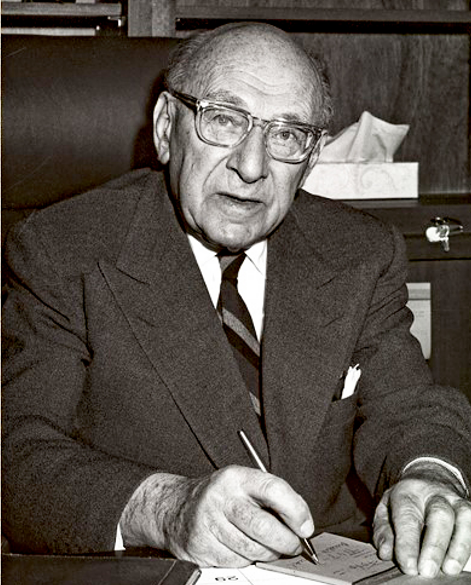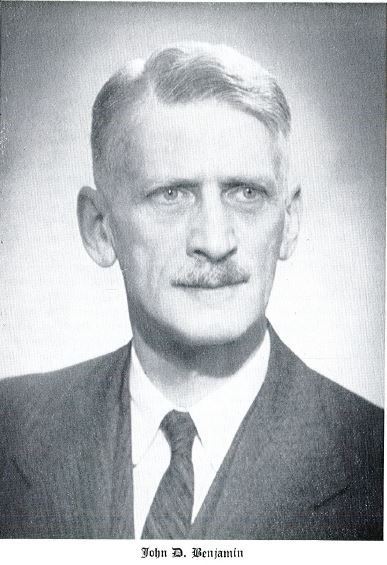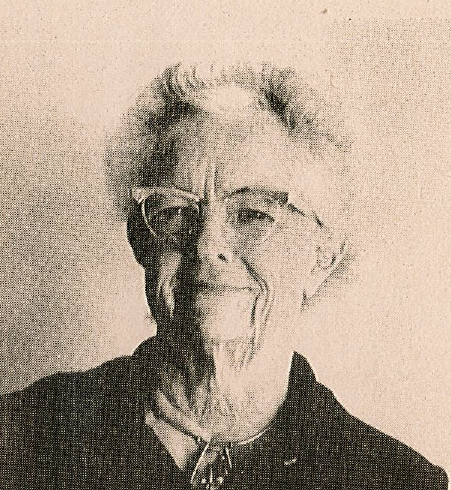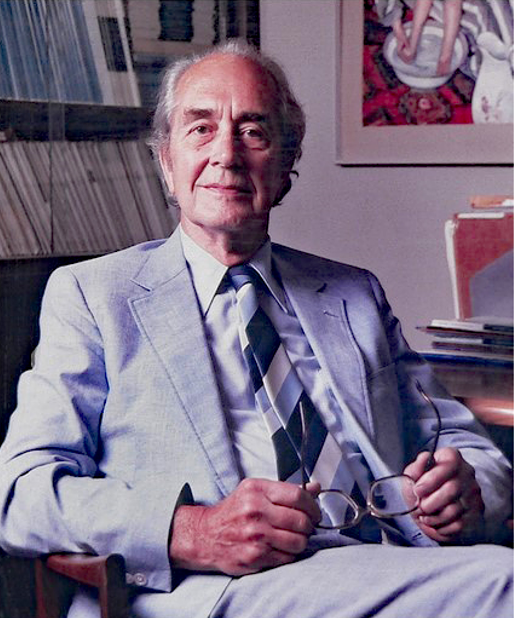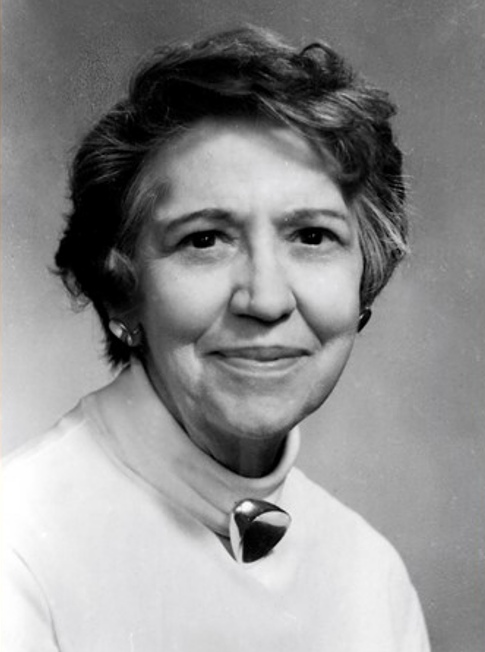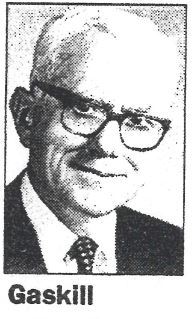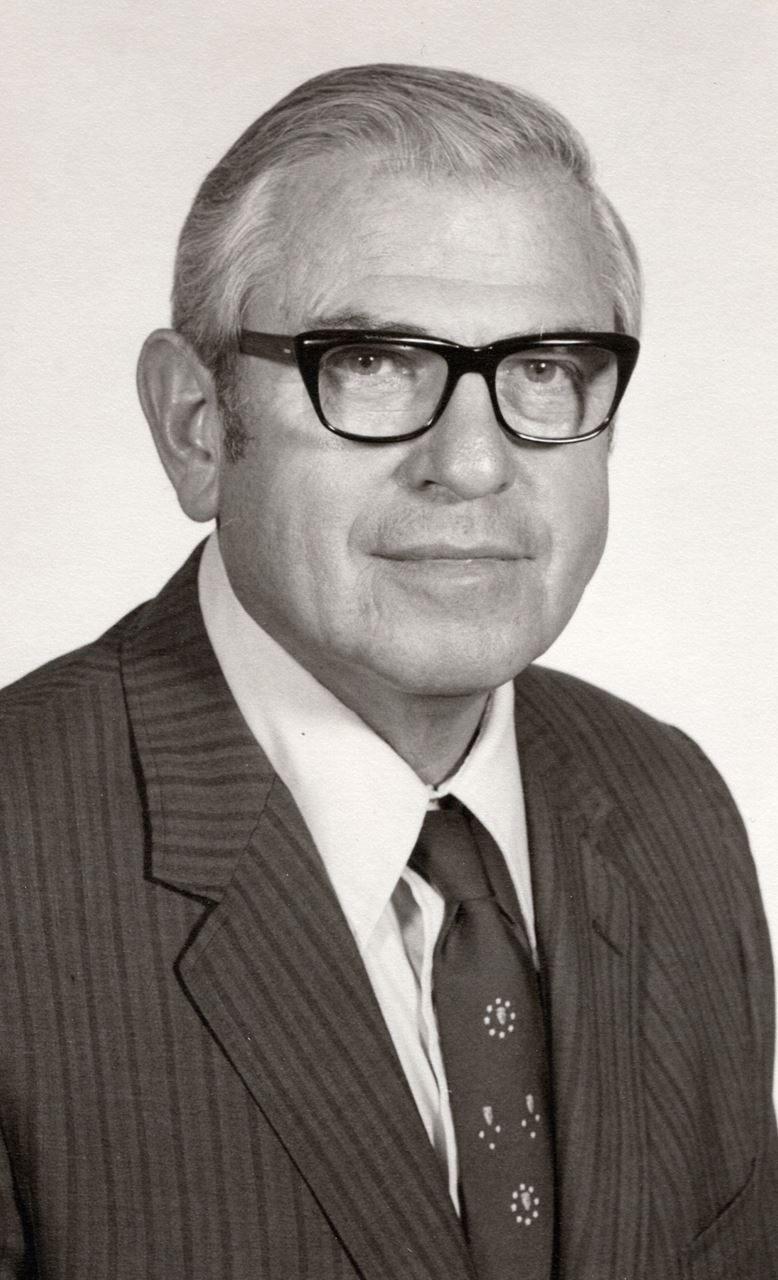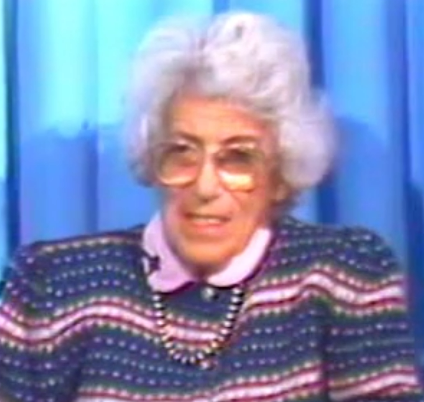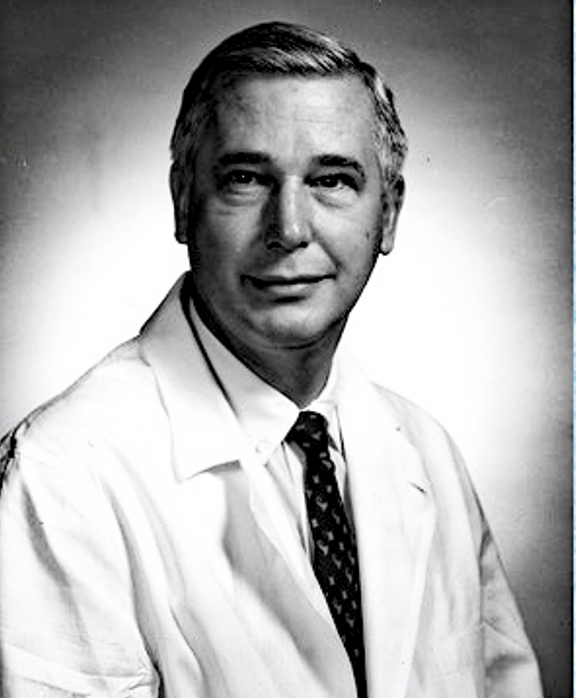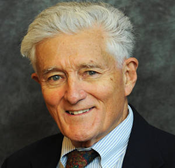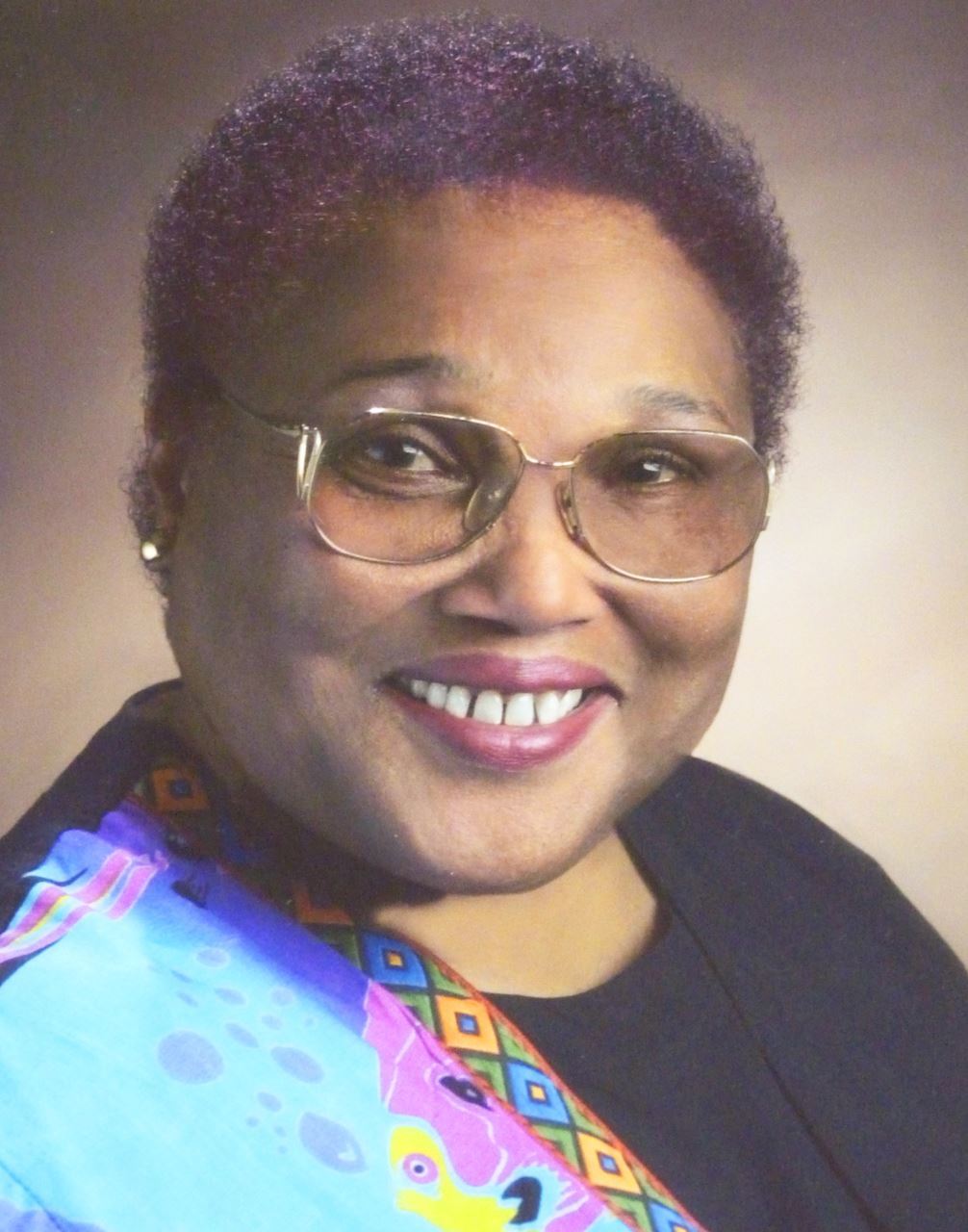Advancing skill and scholarship since 1969 |
Psychoanalytic Leaders in Colorado
Pardon the appearance of this page -- its still under construction.
|
|
An experienced psychoanalyst, Spitz established himself as a brilliant innovative researcher in the filed of infant development. An Austrian-American Psychoanalyst, Rene Spitz was the first training analysand of Sigmund Freud in 1910. He was a direct link to the whole history of psychoanalysis. Spitz came to Denver in 1957 and became a Clinical Professor in the Department of Psychiatry and helped organize the Denver Psychoanalytic Institute. He was its first training analyst. Spitz is best known for his analysis of hospitalized infants in which he found links between marasmus and death with unmothered infants. Spitz also made significant contributions to the school of ego psychology. He carried out direct observation and photographic documentation of infant behavior. |
1901-1965 |
Born in New York, John D. Benjamin earned his medical degree in 1933 from the University of Zurich, and went on to study psychoanalysis under Emil Oberholzer, who was a world famous authority on the Rorschach test., and took an interest in schizophrenia and newer psychological ideas and methods. In 1935 he moved to Denver, Colorado to treat his tuberculosis, and joined the Colorado Psychopathic Hospital as a volunteer research associate. He continued his psychoanalytic training at the Chicago Psychoanalytic Institute. In 1947 he became Psychiatrist-in-Charge of a long-term study of child development at the Denver Child Research Council which he was passionate about until he died. In 1951 he was a Consultant to the National Institute of Mental Health and Chairman of its Study Group from 1953-1955. John D. Benjamin's earliest scientific publication was in 1938 and was followed by more publications and many lectures and discussions that became widely known. |
|
Joan Fleming
|
Joan Fleming, MD moved to Denver in 1969 from Chicago to become Professor of Psychiatry at the University of Colorado School of Medicine and joined the Denver Institute for Psychoanalysis faculty. Her teaching emphasized the reciprocal relationship between theory and clinical practice. She was innovative and reflected her lucid and informed style of presentation. Her scholarly contributions reflected to a large degree on her central interest in psychoanalytic education. Together with Therese Benedek she wrote a pioneering monograph on psychoanalytic supervision. She also wrote numerous papers on the selection and progression of candidates as well as parent loss. The impact of her extensive clinical and educational experience is difficult to overestimate in the development of the newly organized Institute. |
|
|
Brandt and Eleanor Steele came to Denver in 1958 as Training and Supervising analysts, and Brandt immediately became involved in other areas including full professor of psychiatry, president of the Denver Psychoanalytic Society (a founding member), and founder of the Kempe Children's Center. In 1962, C. Henry Kempe, Brandt Steele and several other colleagues were the first to recognize and identify child abuse and neglect in the defining paper, The Battered Child Syndrome. This paper was regarded as the single most significant event in creating awareness and exposing the reality of child abuse. He was instrumental in developing the National Center for the Prevention and Treatment of Child Abuse and Neglect, now called the Kempe Children's Center. For more than five decades he taught, supervised, treated and befriended medical students, residents, supervisees, analytic candidates, professional colleagues, hospital staff, social workers, etc. |
|
Eleanor Steele was one of the cornerstones of psychoanalytic thinking in the Denver area. She was a founder of The Denver Institute for Psychoanalysis and The Denver Psychoanalytic Society. Arriving in Denver in 1958 with her husband Brandt Steele, she was active in the Marriage Council of Denver, Planned Parenthood, the American Psychoanalytic Association, and the Women's Forum. She was Clinical Professor in the Psychiatry Department and a faculty member of the Denver Institute for Psychoanalysis and a training analyst. Eleanor is remembered for her passionate mind and commitment to teaching. She was very involved in teaching psychoanalytic principles to medical students and psychiatric residents. In 1982 the graduating class of the Department of Psychiatry established the Eleanor A. Steele Award for inspirational teaching and supervision with Eleanor as it's first recipient. She was able to combine a deep appreciation for the complex issues involved in working with patients with a lively sense of humor. |
Herbert Gaskill, M.D.
|
Dr. Herbert Gaskill completed his psychoanalytic training in Chicago. While there, he had visions of creating a psychoanalytic institute in Colorado sponsored by the Chicago Psychoanalytic Institute. In 1953 he came to Denver where he took the position of Chair of the Department of Psychiatry at the University of Colorado School of Medicine, which he held until 1973. His goals included making the department of psychiatry one of the most humane and best in the nation, and to create an equally excellent psychoanalytic institute. He recruited analysts such as Rene Spitz and Larry Hall. Under his leadership, the residency training program became nationally recognized for integrating psychiatry into every aspect of patient care. His thoughts and visions lead the way for training non-medical analysts. |
|
Sydney Margolin, MD
|
Sydney G. Margolin, MD was a pioneer in the psychosomatic approach to medicine. He completed his psychoanalytic training from the New York Psychoanalytic Institute in 1947 and moved to Denver in 1955. Earlier in his career, he published several articles dealing with neuropsychiatric disturbances in Addison's Disease, electrocephalographic changes associated with impairments in carbohydrate metabolism and related topics, followed by a 1948 paper by Kaufman and Margolin on the "Theory of Practice of Psychosomatic Medicine in a General Hospital", and later his publications and presentations reflected theoretical approaches to the phenomenon of consciousness, the process of hypnosis, Freud's concept of constitution and other psychosomatic issues. Soon after becoming Director of Human Behavior Laboratory in the Department of Psychiatry at the University of Colorado, he used his bioengineering skills to devise and design ingenious methods for the study of the psychophysiology of affects, the effect of drugs on levels of awareness and the psychophysiologic effect of hypnosis. While he did not publish most of these studies, he used the information to set up a course in psychophysiology for second-year medical students, and a course on hypnosis for third-year residents. In 1959 Sydney became the Director of the Ute Mountain Tribe Project which led him to use a creative mix of fold medicine and contemporary psychiatric methods therapeutically. He went on to become familiar with the Hopi and Navaho cultures too. Excerpts taken from Dane Prugh's memorial speech |
|
Margaret Hitchman Margolin, MD
|
Margaret "Gretl" Hitchman Margolin, MD was the daughter of Dr. Eduard Hitschmann who was in Freud's original circle of followers and founded a low-cost psychoanalytic clinic in Vienna in 1922. Gretl, a psychoanalyst and child psychiatrist, came to Denver in 1953. She was actively involved in the teaching in the Department of Psychiatry, especially in the Child Psychiatry Division for many decades where she never ceased in raising important psychodynamic questions in the understanding of cases. Her long-time commitment and work within the Denver Public Schools made her voice advocating for the understanding of children within the school system. In 1994, Gretl donated several of her father's German books to the Institute and in 2004 Gretl's daughter Carol donated an analytic couch. |
|
Dane G. Prugh, MD
|
Dane G. Prugh, a founding faculty member of the Denver Institute for Psychoanalysis was also a Professor of Psychiatry and Pediatrics at the University of Colorado Medical Center, and was president of the American Orthopsychiatry Association from 1968-1969. He promoted close ties between the fields of pediatrics and child psychiatry, conducted the first controlled study of children's reactions to illness and hospitalization in the late 1940s when he was associated with Children's Hospital in Boston. Prugh allowed parents to visit the hospitalized children daily instead of weekly, as had been the custom. Prugh found that the children has less fear of doctors, and later recovered more easily, when they were prepared for treatment by seeing their parents once a day and acting out their fear in anger in special in-hospital nurseries. Dr. Prugh was cited as a leader in developing play therapy, and of affirmation action at the University of Colorado School of Medicine. In the 1960's he led a fight to expose the existence of a blacklist maintained by the Department of Health, Education and Welfare to screen scientists nominated as consultants to Federal agencies. |
I. Charles Kaufman MD | I. Charles Kaufman, MD was a member of the Denver Institute for Psychoanalysis faculty from 1969 to 1979. Among his many accomplishments for the University of Colorado, he was a founding member and early Director of the DPRG (Developmental Psychobiology Research Group) and he was the Director of the Primate Lab for Bio-behavioral Studies. He contributed much to early developmental research and was an active member of the Denver Psychoanalytic Society and Institute before moving to the San Francisco where he continued his research and began working with Bob Wallerstein. |
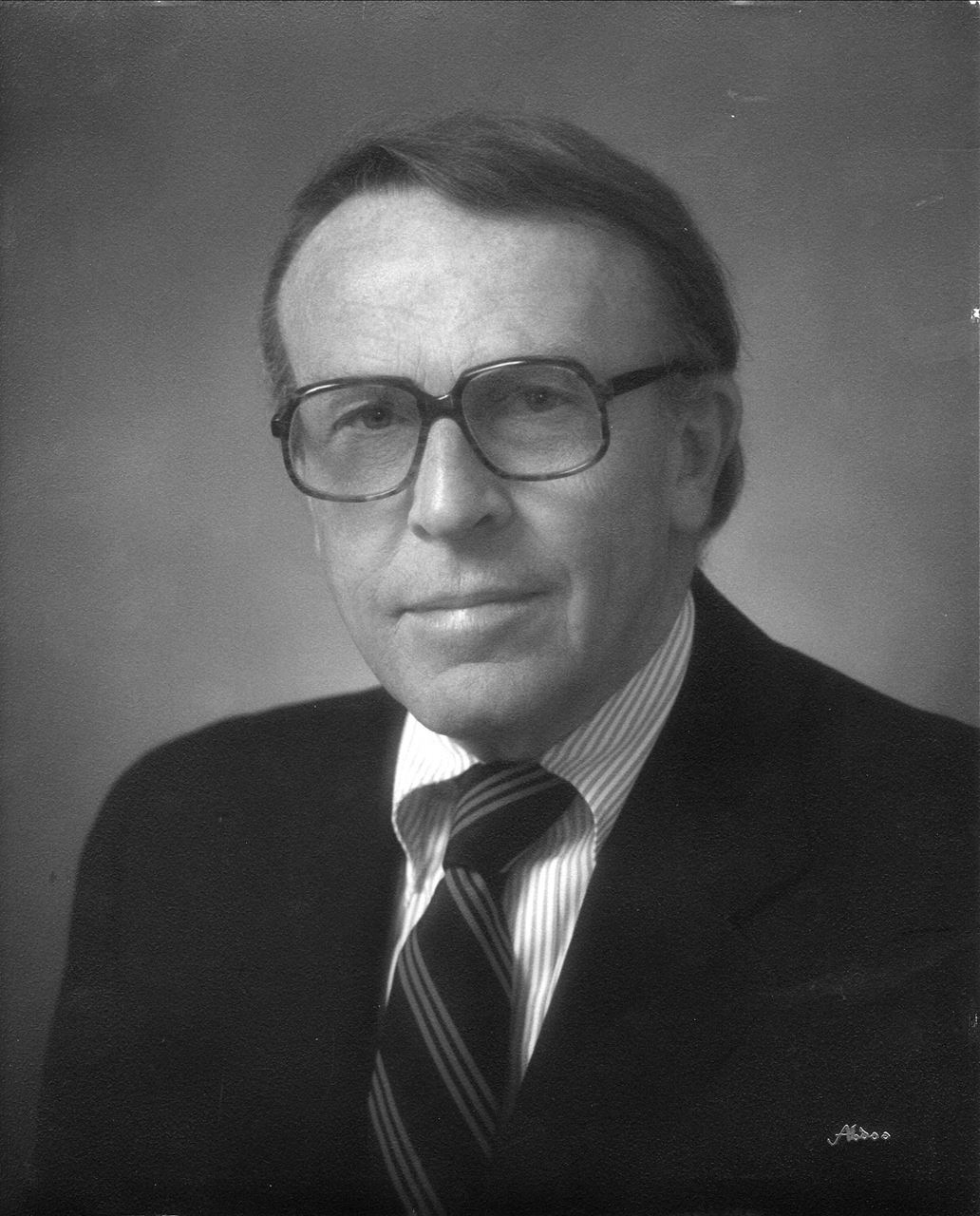
Laurence B. Hall, MD1920-2007 |
Laurence B. Hall, MD was a founding member of both the Denver Institute for Psychoanalysis and the Denver Psychoanalytic Society. In 1957 Larry moved from Philadelphia to Denver at the invitation from Herb Gaskill to take the position of Director of Education in the Psychiatry Department. He was a pioneer in psychiatric medicine and education in Denver. Dr. Hall was very involved in committees and in professional associations. Among his major accomplishments was his work shaping how psychoanalysis is researched and taught. |
|
Richard (Dick) Simons, MD joined the Institute faculty in 1976. He served as Secretary, Associate Director, and Director of the Denver Institute for Psychoanalysis, chaired the bylaws and appointment committees and was a training and supervising analyst. He served as a mentor and role model to many throughout the years and received numerous local and national teaching awards, and offered presentations nationally and internationally. His list of publications is extensive, including numerous papers in the Psychoanalytic Quarterly, Journal of the American Psychoanalytic Association, American Journal of Psychiatry, and the International Review of Psychoanalysis. Perhaps Dick’s most significant publication is his book, “Understanding Human Behavior in Health and Illness.” This book is used throughout the country to teach human behavior courses to medical students. Within the American Psychoanalytic Association, Dick Simons served on the executive committee from 1981 to 1988. It was during his service as President-elect and President when a lawsuit was brought by Division 39 to APsA. Through his tremendous dedication and hard work, he was able to hire an extremely competent attorney and to build consensus within our organization that resulted in the settlement that saved APsA. |
|
|
Robert Emde, MD was born in New Jersey. In 1965 he graduated from Dartmouth College Cum Laude with highest distinction in Sociology and later received his Doctorate at Columbia Universities college of Physicians and Surgeons. Bob was mentored by René Spitz, who pioneered the study of the emotional life of infants, which became the foundation for his early career. His scientific career focused on the organization of human emotions in the early years of postnatal life, the psychobiological behaviors regulating the organization of parent-infant relationships, and the impact of emotions on individual and family life. His work linked parental and infant signal systems helped our understanding the importance of the organization of brain-behavior relationships early in human life. In 1980 he was instrumental in establishing the World Association for Infant Psychiatry and the establishment of World Association of Infant Mental Heath. His Curriculum Vitae includes 1 film, 15 books, over 300 articles and chapters, and hundreds of worldwide speeches and engagements throughout his long career. |
|
|
Dr. Ruth Fuller attended State University of New York SUNY Downstate Medical Center receiving her doctorate degree with honors with a focus in Child Psychiatry. She lived and worked in Harlem New York. She was recruited by University Hospital in Denver in 1978 and appointed as an Associate Professor. She joined the Denver Institute for Psychoanalysis as a faculty member in 1993. Dr. Fuller sat on many Boards and Committees, published research and books, won numerous awards, and genuinely loved what she did. As a minority, she took great joy knowing the example she set by encouraging women and minorities to attend Medical School. In addition to the many organizations she was involved with and the committees she was on, Dr. Fuller was active as a speaker, panel participant, and workshop leader at various conferences and meetings throughout the country. She gave professional talks on a wide range of topics including the psychological effects of racism, problems of minority families and single parents, child and adolescent development, divorce, child custody, the pregnant therapist, cross-cultural issues in psychotherapy, day treatment programs, adolescent pregnancy, homelessness, criminal behavior and delinquency, grief and bereavement throughout the life cycle, cultural factors in chronic illness, developmental disabilities, abortion, child abuse and sexual abuse, depression and suicide in children, and infantile autism among many others. She was a contributor to scientific literature, and her publications include articles and book chapters on alcoholism, adoption, foster care, the doctor-patient relationship, family problems in primary care, psychological factors in child custody work, working mothers, the grieving family, the role of skin color in a newborn, the impact of the therapist's pregnancy on the dynamics of the therapeutic process, homosexuality, various ethical and clinical issues working with AIDS patients and their survivors, the history of the African American child, the history of African Americans in child psychiatry, discrimination in medical research, and cultural diversity. |
Ted Gaensbauer, MD |
Dr. Theodore Gaensbauer, received his BA (Cum Laude) from the University of Michigan in 1964 and his medical degree in 1968. He served with distinction as an Assistant Profession and Director of the Psychiatric Student Health Services for three years and began his analytic training at the Denver Institute for Psychoanalysis in 1977 and his fellowship in child psychiatry in 1979. He joined the Denver Institute for Psychoanalysis faculty in 1987. In addition to his teaching contributions, Dr. Gaensbauer conducted extensive research in early childhood development. His specific research areas focused on neglected and abused children, parent-child attachment, early affective development, and traumatic experiences of children. One of his published articles is praised for research with very young children's trauma and memory development, especially pre-verbal children. He has written more than 29 articles, and 1 book, wrote 2 book reviews, had 18 book chapters and other writings, and received 5 awards and honors including the Dane G. Prugh Award for Distinguished Teaching in Child Psychiatry in both 1986 and 1989. |
Thank you to Mark Groth for helping provide this historical information.

